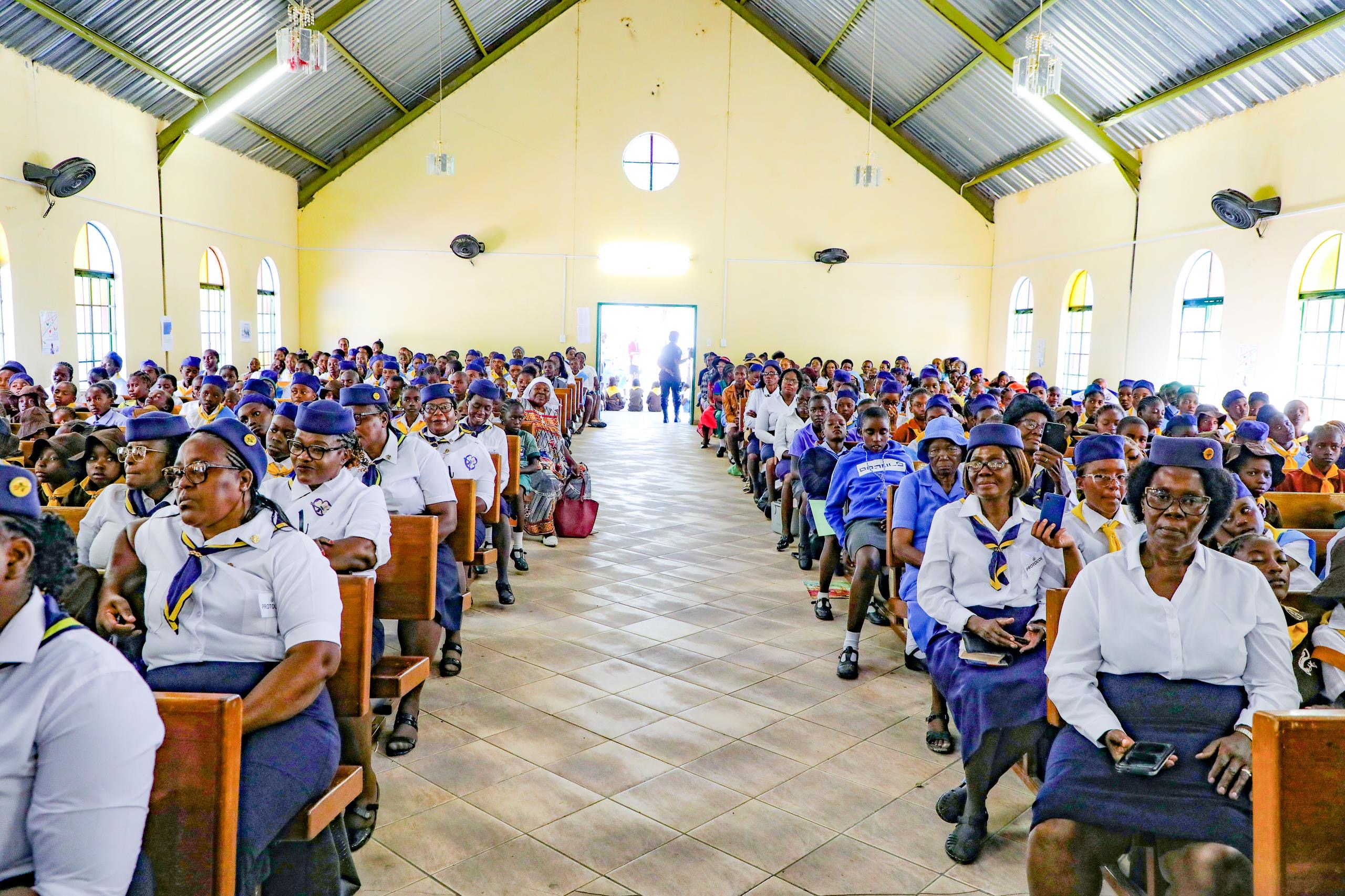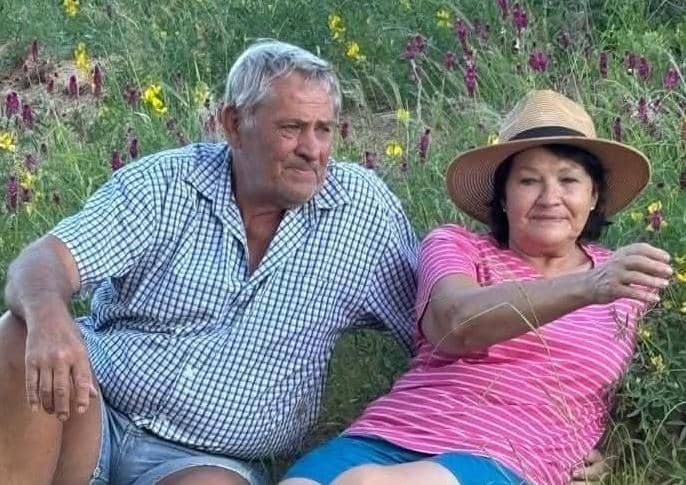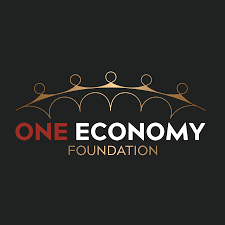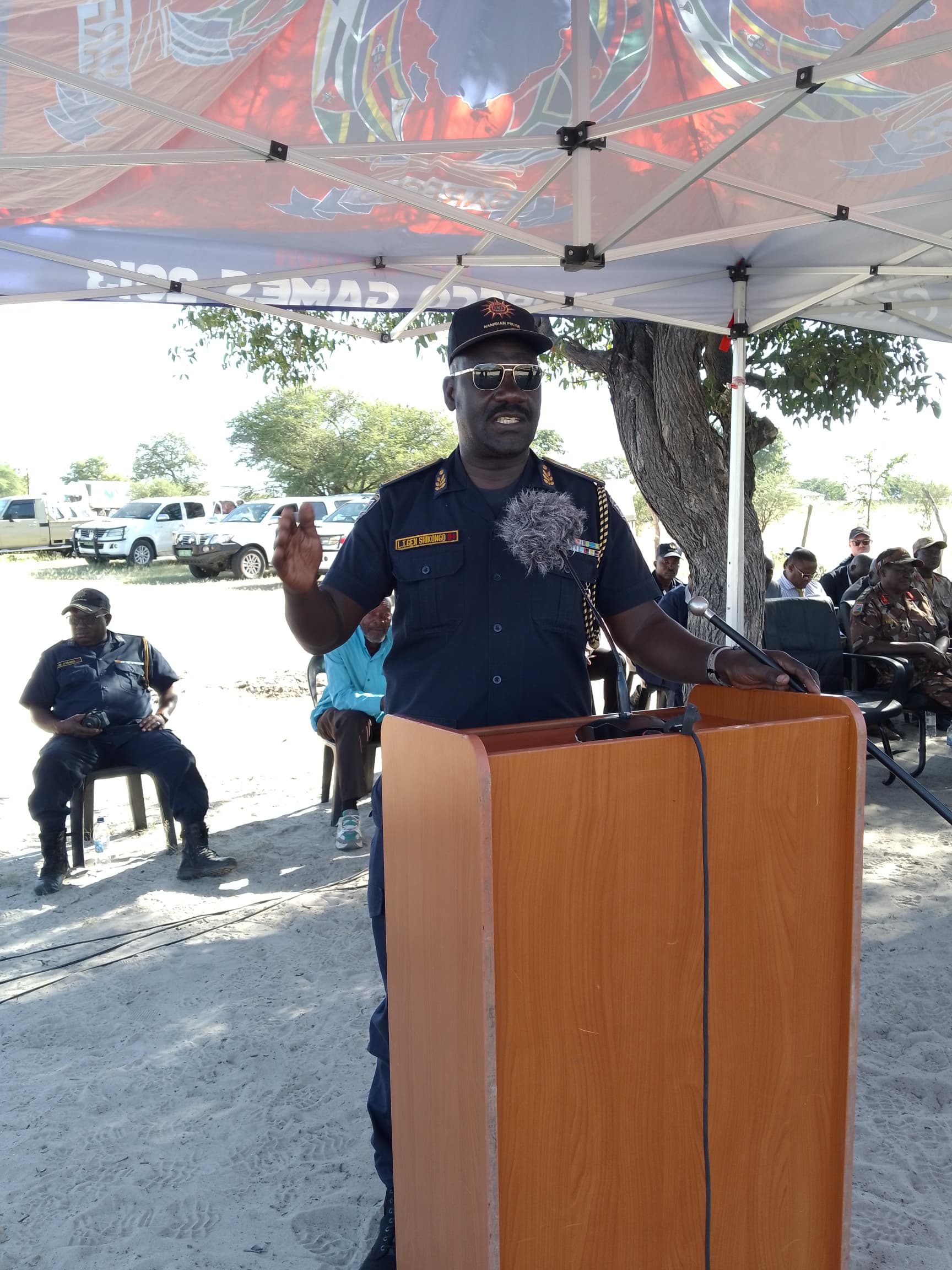PRESIDENT Pohamba is now frequently addressing public rallies in Oshiwambo, his mother tongue.
Such an uneasy practice raises a few conundrums that should be the subject of a less than hypocritical national discussion. Ordinarily the use of Oshiwambo would not constitute a problem if the President were speaking to his tribesmen in private conversations.But it is a matter of serious concern when the President speaks in Oshiwambo for over 90 minutes at a rally that attracts thousands of people.Most importantly, the people who attend these rallies, including journalists or observers, are not all necessarily Oshiwambo speaking.It is a negation of what a President is in a republic if they have to rely on translation in order to capture the official message of the President.In a nuanced sense, the message that the President communicates here is that other tribes and groups are inconsequential in some of these northern towns, including national leaders from other ethnic backgrounds with whom he shares the podium.Implicitly it could amount to intolerance of the ‘other’.In essence, the President is also refusing dialogue with the ‘other’.The blatant contradiction in President Pohamba’s usage of his mother tongue at a public rally is that it reinforces his tribal identity (and solidarity) while he fingers other political parties for promoting tribalism.Even if we argue that these are partisan-political rallies, and that there is translation from Oshiwambo to English for other ethnic groups, such an argument is totally misplaced within the context of our republic.This is an issue that cuts right to the kind of state and republic we are constructing.Perhaps, it is pertinent for us to return to the basics of our state (or the State), and in particular the reason why we call it a republic.Through that we are likely to make sense of what the Head of State is and what the post embodies.Ordinarily, when the President of our Republic speaks, as citizens from diverse ethnic backgrounds, we ought to see in the President, the quintessence of who we are as a nation.Similarly, the President as the first public official, is the embodiment of what is official at all times in our State.On language, the means through which the President communicates with us, Article 3 (1) of the Constitution of the Republic of Namibia is unequivocal that English is the official language.I would assume that the framers and founders of our Constitution, of whom President Pohamba was one, agreed on English out of respect for diversity in this country.Furthermore, this was done to guarantee the equality of all Namibians in all matters official.In doing so, the neutrality of English was meant to protect both minority and majority groups in cases where the President of the Republic comes from either of these groups.While the choice of English may appear practical, as a language it becomes consequently the expression of the unity of our republic in the realm of the official.On the whole, the use of an official language is one of the concrete means through which nations are constructed.In protecting the President, we would always argue (rightly, that is) that he/she has no private capacity, but an official capacity at all times, in particular when he/she appears in public.For this reason, resources of the state would be deployed to protect the President, and provide him/her with the necessary technical support.Thus, even if President Pohamba addresses a Swapo Party rally as President of Swapo or as a Kwanyama at Omuthiya, he is most importantly the President of the Republic of Namibia.The other two identities are secondary to the latter.So the issue here is not one of practicality, but it is one of choice when it comes to the kind of republic we wish to see.The real danger with President Pohamba’s use of Oshiwambo at public rallies is that it does not consolidate the importance of the republic.On the contrary, it dilutes, trivialises and informalises the official.It also empties the state of its republican sense.The perverse consequence of such informalisation of the state is that it leads innocuously to the exclusion of other ethnic groups from the republican space.The point deserving emphasis here is that at every juncture when the President speaks, we should see ourselves in the President; we should see the neutrality of the President as the first representative of the State.In particular, this call is urgent because it is also about the President protecting and upholding the principles and more precisely the spirit of the Namibian Constitution.Thus, the President should defend these by using English – which is the official language of this country – whenever he addresses the public, irrespective of its colours.* Alfredo Tjiurimo Hengari is a PhD fellow in political science at the University of Paris- Panthéon Sorbonne, France.Ordinarily the use of Oshiwambo would not constitute a problem if the President were speaking to his tribesmen in private conversations.But it is a matter of serious concern when the President speaks in Oshiwambo for over 90 minutes at a rally that attracts thousands of people.Most importantly, the people who attend these rallies, including journalists or observers, are not all necessarily Oshiwambo speaking.It is a negation of what a President is in a republic if they have to rely on translation in order to capture the official message of the President.In a nuanced sense, the message that the President communicates here is that other tribes and groups are inconsequential in some of these northern towns, including national leaders from other ethnic backgrounds with whom he shares the podium.Implicitly it could amount to intolerance of the ‘other’.In essence, the President is also refusing dialogue with the ‘other’.The blatant contradiction in President Pohamba’s usage of his mother tongue at a public rally is that it reinforces his tribal identity (and solidarity) while he fingers other political parties for promoting tribalism.Even if we argue that these are partisan-political rallies, and that there is translation from Oshiwambo to English for other ethnic groups, such an argument is totally misplaced within the context of our republic.This is an issue that cuts right to the kind of state and republic we are constructing.Perhaps, it is pertinent for us to return to the basics of our state (or the State), and in particular the reason why we call it a republic.Through that we are likely to make sense of what the Head of State is and what the post embodies.Ordinarily, when the President of our Republic speaks, as citizens from diverse ethnic backgrounds, we ought to see in the President, the quintessence of who we are as a nation.Similarly, the President as the first public official, is the embodiment of what is official at all times in our State.On language, the means through which the President communicates with us, Article 3 (1) of the Constitution of the Republic of Namibia is unequivocal that English is the official language.I would assume that the framers and founders of our Constitution, of whom President Pohamba was one, agreed on English out of respect for diversity in this country.Furthermore, this was done to guarantee the equality of all Namibians in all matters official.In doing so, the neutrality of English was meant to protect both minority and majority groups in cases where the President of the Republic comes from either of these groups.While the choice of English may appear practical, as a language it becomes consequently the expression of the unity of our republic in the realm of the official.On the whole, the use of an official language is one of the concrete means through which nations are constructed.In protecting the President, we would always argue (rightly, that is) that he/she has no private capacity, but an official capacity at all times, in particular when he/she appears in public.For this reason, resources of the state would be deployed to protect the President, and provide him/her with the necessary technical support.Thus, even if President Pohamba addresses a Swapo Party rally as President of Swapo or as a Kwanyama at Omuthiya, he is most importantly the President of the Republic of Namibia.The other two identities are secondary to the latter.So the issue here is not one of practicality, but it is one of choice when it comes to the kind of republic we wish to see.The real danger with President Pohamba’s use of Oshiwambo at public rallies is that it does not consolidate the importance of the republic.On the contrary, it dilutes, trivialises and informalises the official.It also empties the state of its republican sense.The perverse consequence of such informalisation of the state is that it leads innocuously to the exclusion of other ethnic groups from the republican space.The point deserving emphasis here is that at every juncture when the President speaks, we should see ourselves in the President; we should see the neutrality of the President as the first representative of the State.In particular, this call is urgent because it is also about the President protecting and upholding the principles and more precisely the spirit of the Namibian Constitution.Thus, the President should defend these by using English – which is the official language of this country – whenever he addresses the public, irrespective of its colours. * Alfredo Tjiurimo Hengari is a PhD fellow in political science at the University of Paris- Panthéon Sorbonne, France.
Stay informed with The Namibian – your source for credible journalism. Get in-depth reporting and opinions for
only N$85 a month. Invest in journalism, invest in democracy –
Subscribe Now!










